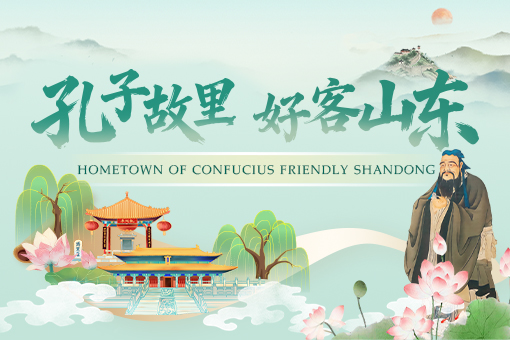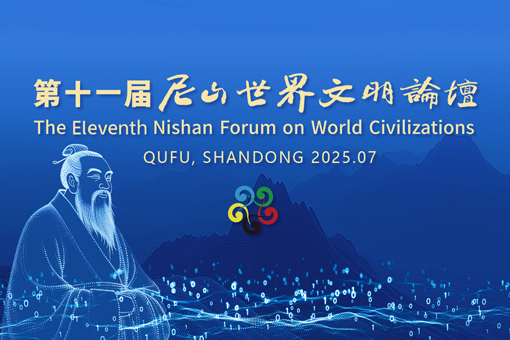Xi Jinping steers decade of reform toward Chinese modernization
Pushing for greater openness
Under the leadership of Xi, China has become increasingly integrated with the rest of the world by making tenacious efforts to push for high-level institutional opening up.
These efforts, ranging from the launch of negative lists for foreign investment, cross-border trade in services, and the promulgation of the Foreign Investment Law to the establishment of pilot FTZs, have testified to the president's commitment to "never closing the country's door but only opening the country wider to the outside world."
When the Shanghai pilot FTZ was inaugurated in 2013, Xi expressed high hopes regarding the new test field, urging the local government to "make brave trials, break through vigorously and reform on its own initiative so as to achieve more results that could be replicated elsewhere across the country."
Ten years on, more than 3,400 reform tasks have been trialed in the country's FTZs, with 302 institutional innovations implemented at the national level.
In November, the United Nations Conference on Trade and Development (UNCTAD) released a report, considering FTZs as "important strategic measures" for China's further development and commending their roles in promoting institutional innovation, industrial transformation and South-South cooperation.
Xi has also emphasized on multiple occasions the need to optimize the environment for foreign investment and comprehensively guarantee the national treatment of foreign-invested enterprises.
Over the years, China has moved to cut the negative lists for foreign investment access, supported foreign investment in advanced manufacturing, modern service industries and cutting-edge technologies, and encouraged foreign-invested enterprises to become "industrial leaders" in energy and water efficiency.
Many heavyweight multinational companies have come to invest in China. Elon Musk, CEO of the US electric carmaker Tesla, was "astounded" by the progress made by the company's Shanghai gigafactory, calling the local team's work "mind-blowing."
On the financial front, Standard Chartered Securities, the first newly-established wholly foreign-owned securities company in China, is looking forward to starting business in the first half of next year.
"Just as some leaders of the business community have said, China has become a synonym of the best investment destination, and that the 'next China' is still China," Xi said.
Although the global consensus on openness has weakened amid rising unilateralism and protectionism and stronger de-globalization headwinds, Xi has on many occasions stressed the need to resolutely "stand on the right side of history" to foster an open world economy.
Under Xi's planning, deployment and promotion, the China International Import Expo (CIIE), the world's first import-themed national-level expo, debuted in Shanghai in 2018 as one of China's signature moves to share China's market with the rest of the world.
Several other national-level exhibitions, including the China International Fair for Trade in Services, the China International Consumer Products Expo, and the China International Supply Chain Expo, have also gained popularity for facilitating much-needed trade and industrial cooperation.
This year, the CIIE hosted a delegation organized by the U.S. Department of Agriculture, marking the first-ever group of exhibitors representing the US federal government in the history of the expo.
As an important platform to materialize the vision of building a community with a shared future for humanity, the Belt and Road Initiative proposed by Xi has yielded fruitful results.
More than 150 countries and over 30 international organizations have signed relevant cooperation documents with China, covering more than three-quarters of the world's countries and more than 60 percent of the world's population.
China has been advancing modernization at full throttle and its spillover effect can already be seen. Over the past decade, China's share of the world economy has risen from 12.3 percent to over 18 percent, and its annual contribution to global growth has exceeded 30 percent on average.
All the changes could be traced back to 1978, when China adopted the policy of reform and opening up. At that time, CP Group from Thailand was one of the first foreign companies to enter the Chinese market.
"With the country's comprehensive national strength growing and its economy further prospering, we believe China will only open wider to the outside world," said James Ye, vice chairman of CP Group China.
While addressing the opening ceremony of the third Belt and Road Forum for International Cooperation in October, Xi shared his views on global modernization.
"The modernization we are pursuing is not for China alone, but for all developing countries through our joint efforts. Global modernization should be pursued to enhance peaceful development and mutually beneficial cooperation and bring prosperity to all," he said.
The story has been written by Wang Jinye, Li Zhihui, Cheng Yunjie, Wang Xiuqiong, Lou Chen, Zhang Yunlong, Wang Yaguang, Li Baojie, Cui Enhui, Xu Lingui, Gui Tao, Wang Pan, Zhao Ruixi, Wu Tao, Chen Shangying, Wang Haiyue, Sun Xiaohui, Zhang Xinyi, Yuan Min, Zhong Qun, Wu Maohui, Chen Kaizi and Yan Yujing.



 Embark on cultural trip in Shandong
Embark on cultural trip in Shandong Global civilizations shine at Nishan in Shandong
Global civilizations shine at Nishan in Shandong Explore Taishan Mountain's autumn splendor
Explore Taishan Mountain's autumn splendor

